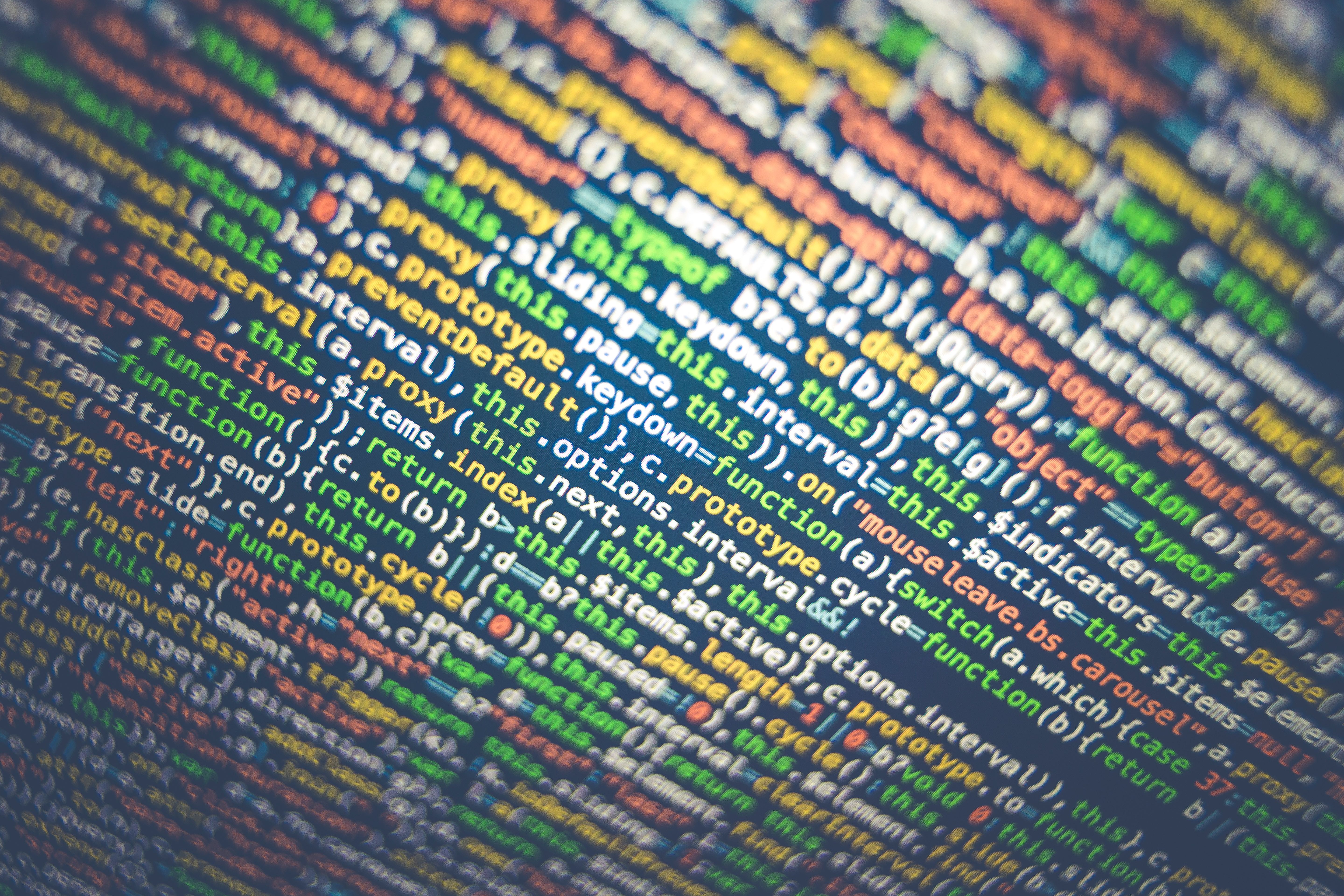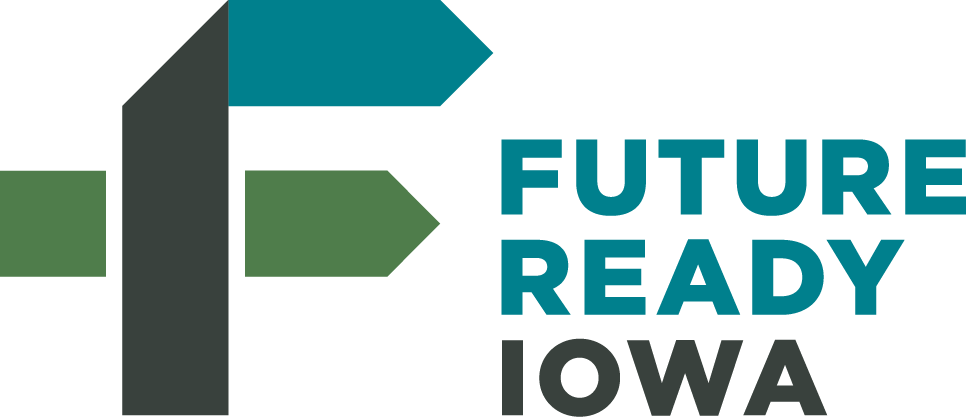Future Proofing Our Workforce
As we enter the Fourth Industrial Revolution, the pace of innovation is accelerating, and disruptive technologies and trends are changing the way we live and work. Automation, AI, and robotics are taking away jobs of the past and creating jobs for the future. Companies across industries are recognizing that upskilling/reskilling their workforce is necessary to survive in a more automated world, but who owns this task? The employee or the enterprise, the government or educational institutions?
When American middle-skilled workers were asked about who is responsible for preparing them for the future, the majority (65%) of employees answered, “I am,” 16% answered “companies,” 10% chose “the government, ” and the rest didn’t know (Fuller, Wallenstein, Raman, de Chalendar, 2019). Future proofing the workforce should not rely on individuals alone; collaboration among business leaders, policymakers, and educators is needed to prepare more workers for the jobs of the future.

A new report from the Brookings Institution found that Iowa has one of the nation’s highest rates of workplace roles susceptible to being overtaken by automation or artificial intelligence technology. Nearly 28% of Iowa’s worker tasks are at high risk of being replaced by automation (Muro, Maxim, Whiton, 2019). The reason for Iowa’s risk has to do with the types of industry the state supports — such as production, food service, transportation, and agriculture.
Recognizing that preparing for the challenges around the changing nature of work requires collaboration among business, education, workforce, government, and community organizations, Iowa launched the Future Ready Iowa Initiative in 2015. The goal of Future Ready Iowa is to ensure 70% of Iowa’s workforce has education or training beyond high school by 2025. The following document provides an overview of the initiative’s key strategies and actions: Future Ready Iowa Overview.

Here’s a look at what other states are doing to future proof their workforce in the digital era.
- Indiana: In May 2017, Indiana established the Future of Work Task Force, made up of economic leaders, business leaders, education workforce training leaders, and worker advocates. Members were charged with gathering information related to demographics, industry information, education levels, and anticipated changes due to technology and making recommendations for a path forward. In order to act on the Task Force’s work, policymakers established a more permanent entity, the Governor’sWorkforce Cabinet. This 20-member group aims to assess and realign Indiana’s workforce development programs and services by promoting collaboration among employers and local partners.
- Washington: In March 2018, Washington established a 16-member Future of Work Task Force made up of legislators, business and labor leaders. The task force was charged with developing a set of policy recommendations that will help Washington businesses and workers prosper together. The final recommendations are due December 31, 2019, and the task force has a sunset date of June 30, 2020.
- New Jersey: In October 2018, New Jersey Governor Phil Murphy established a Future of Work Task Force in order to evaluate how technological innovation will impact the development of jobs and the State’s economy. The 25-member task force is currently focusing on key questions including: Which technologies will impact work in New Jersey? When might certain technological changes occur? Which groups of residents will be most impacted by these shifts? And what can state government do to shape the future of New Jersey’s workforce?
- California: In May 2019, California established the Future of Work Commission comprising of leaders from technology, labor, business, education, venture capital, and other sectors. The Commission’s primary mission is to study, understand, analyze and make recommendations regarding: the kinds of jobs Californians could have in the decades to come; the impact of technology on work, workers, employers, jobs and society; methods of promoting better job quality, wages and working conditions through technology; modernizing worker safety net protections; and the best way to preserve good jobs, ready the workforce for jobs of the future through lifelong learning, and ensure prosperity for all. An interim report of its progress is due by May 1, 2020.
Collective concern regarding the future of work is growing. Task forces have formed to understand how to better navigate the disruptions headed our way. How we harness opportunities and confront challenges will depend on the actions of public and private leadership.
Further Resources to Review:
Education and Workforce Trends through 2025, a report from Georgetown University that provides a forecast of Iowa's talent pipeline.
Automation and Artificial Intelligence, a report from the Brookings Institutions that looks at how automation and AI will affect the American economy and its people, places, and jobs over the next few decades.
Creating a Future of Work Commission: One Step States Can Take to Prepare for the Future of Work, a report from the Aspen Institute that reviews best practices for creating a Future of Work task force/commission and examines some existing models.
Sources
Fuller, J., Wallenstein, J., Raman, M., & de Chalendar, A. (2019). Future Positive. Retrieved from https://www.hbs.edu/managing-the-future-of-work/research/Documents/Future%20Positive%20Report.pdf
Muro, M., Robert, M., & Whiton, J. (2019). Automation and artificial intelligence. Retrieved from https://www.brookings.edu/wp-content/uploads/2019/01/2019.01_BrookingsMetro_Automation-AI_Report_Muro-Maxim-Whiton-FINAL-version.pdf
Sign UP to receive related Insights
Related Case STudies
View case studiesSchedule Your Session Today
Enter your information below and our team will contact you.











